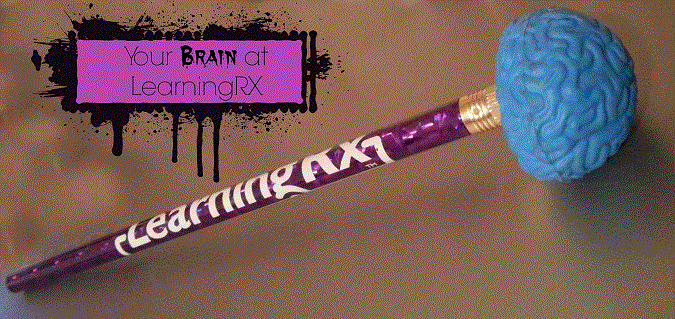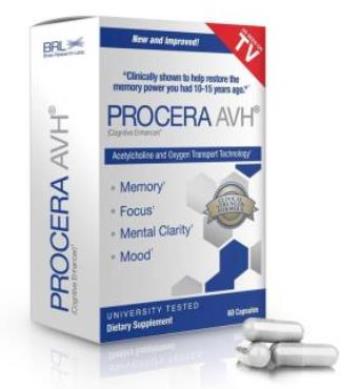Posts Tagged ‘FTC’
On physical activity, neuroplasticity, depression, screen time, neuromodulation and more
Welcome to a new edition of SharpBrains’ e‑newsletter, featuring this time eight scientific reports and industry resources plus a few fun brain teasers. #1. Study finds ultimate hack to protect teen brains from harmful screen time: Exercise (and good role-modeling): “Girls who spent less than an hour on screens and boys who spent less than…
Read MoreThe Federal Trade Commission (FTC) hardens data security rules for health apps and devices
FTC says it will fine digital health companies that don’t disclose data breaches (mobihealthnews): With data breaches on the rise, the FTC is looking to make health apps more accountable for telling patients when their data has been exposed. The FTC released a new statement specifying that all health apps that capture sensitive patient information…
Read MoreBrain training franchisor LearningRx settles FTC complaint about its marketing claims
LearningRx To Pay $200K For Allegedly Unproven Claims That Brain Training Can Improve Income, Treat Autism & ADHD (Consumerist): “The company behind the LearningRX “brain training” program has agreed to pay a $200,000 settlement and to stop making claims that its system is clinically proven to treat serious health conditions, or that it can
Read MoreThe Federal Trade Commission vs Lumosity: What does it mean for the brain training market?
___ Despite all the noise around brain training, we must be careful not to confuse commerce with science. It is important to remember that the Federal Trade Commission (FTC), which regulates marketing claims and communications in the United States, issues legal rulings against specific commercial behaviors.
Read MoreLumos Labs (maker of Lumosity) pays $2 million to settle FTC deceptive advertising charges
. Lumosity must pay $2 million after “unfounded” brain game claims (Fast Company): “The maker of brain game app Lumosity has agreed to pay $2 million to settle charges brought by the Federal Trade Commission, which alleged it deceived consumers about the product’s brain-training benefits. The FTC said Tuesday that Lumosity made “unfounded claims” that…
Read MoreThe Federal Trade Commission challenges brain health claims by Procera AVH dietary supplement
. Procera AVH Marketers Can Forget About Claiming to Reverse Memory Loss (National Law Review): “It turns out that there is not a magic pill capable of reversing the effects of aging on the human brain, including memory loss, or at least not one we can remember right now. The FTC recently reminded the marketers…
Read More





